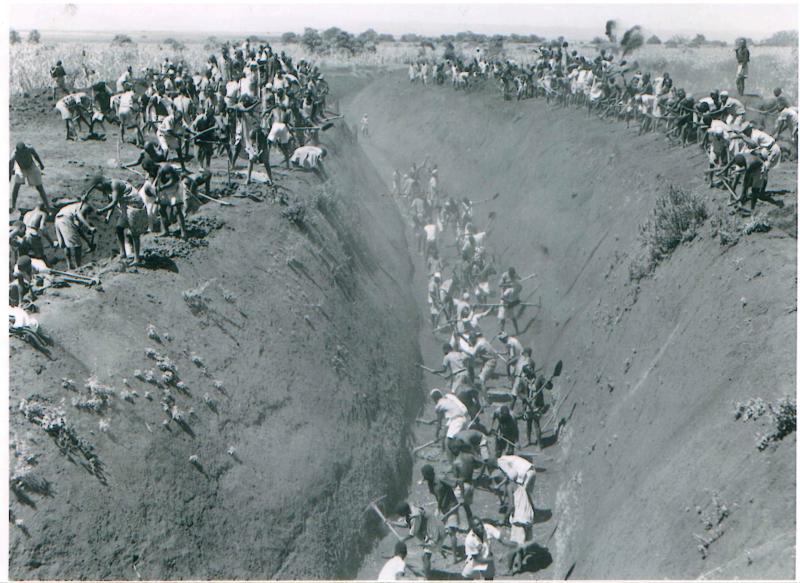×
The Standard e-Paper
Join Thousands Daily

For a long time, Olenguruone in Kuresoi of Rift Valley has remained the epicentre of tribal clashes.
The bloody fights usually erupt during heightened political activities as witnessed in 1992, 1997 and 2008.